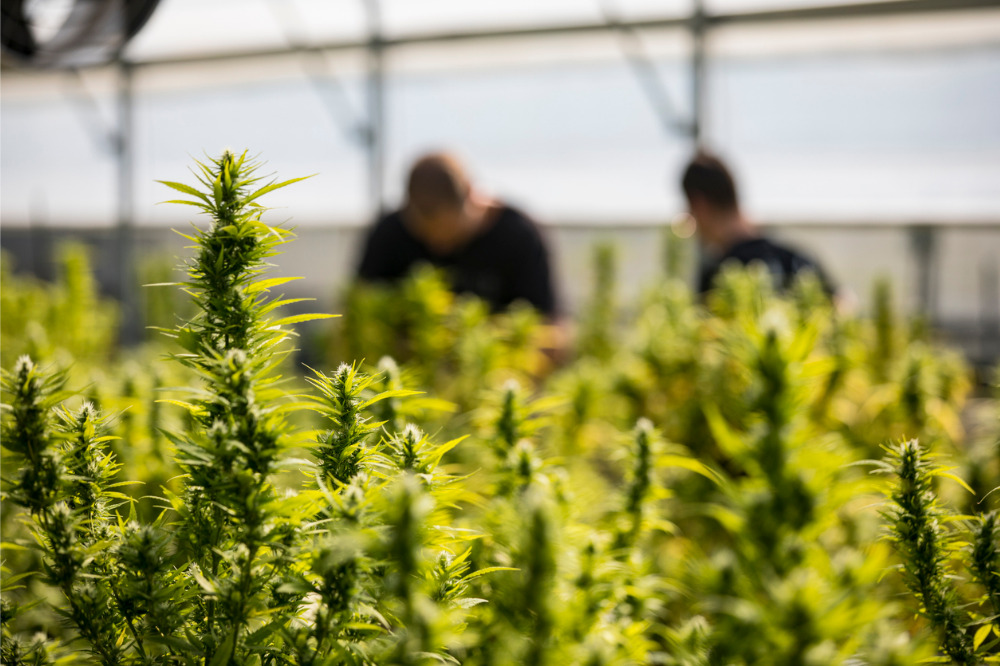Massachusetts Eases ‘Two Agent Rule’ for Cannabis Deliveries, Boosting Industry Efficiency
LOS ANGELES- In a significant development for the cannabis industry in Massachusetts, the state’s Cannabis Control Commission (CCC) has voted to amend the longstanding “Two Agent Rule” for cannabis deliveries. This decision marks a pivotal change for delivery companies in the state, reducing operational costs and increasing efficiency.
The “Two Agent Rule,” which mandated two employees for every delivery, was implemented as part of the regulatory framework established after Massachusetts legalized recreational cannabis in 2016. However, since the opening of the first adult-use dispensaries in 2018, this rule has been a point of contention for delivery operators, who argued it was unnecessarily burdensome and led to higher costs for consumers.
The CCC’s recent vote, as reported by WCVB5, to allow single-agent deliveries was met with widespread approval from industry stakeholders. This change is expected to significantly reduce operational expenses for delivery services, potentially leading to more competitive pricing for consumers.
Devin Alexander, CEO and co-founder of Rolling Releaf, a local Massachusetts delivery company, shared his perspective on the impracticality of the previous rule. Comparing his experience as a solo driver at Amazon, where he managed goods exceeding the $10,000 limit for cannabis deliveries, Alexander pointed out the lack of public safety issues in similar non-cannabis contexts. He highlighted the extensive efforts and stakeholder engagement that went into advocating for this change.
Interestingly, the shift in opinion from key figures such as Newtown Police Chief John Carmichael, Vice President of the Massachusetts Major City Chiefs Of Police and a member of the Cannabis Advisory Board, played a crucial role in swaying the committee’s decision. Carmichael’s reversal from an initial proponent to a critic of the two-agent requirement, based on data and experiences from other states, was a pivotal moment in the debate.
However, Alexander notes that further steps are necessary to enhance the delivery sector within Massachusetts’ cannabis industry. Expanding delivery access to all municipalities, including those with moratoriums on retail shops, and permitting deliveries to hotels are seen as critical areas for improvement. These changes could open up significant market opportunities and improve consumer access.
The CCC’s decision to relax the “Two Agent Rule” is a testament to the evolving nature of cannabis regulations and the importance of adapting to industry realities. It not only benefits delivery operators by easing operational burdens but also serves the interests of consumers through potentially lower prices and improved service offerings.
This development is a positive step towards a more efficient and competitive cannabis market in Massachusetts. It reflects a broader trend in the industry towards regulatory adjustments that support business growth while ensuring safety and compliance. As the cannabis landscape continues to mature, further regulatory enhancements and industry adaptations are likely to emerge, shaping a more dynamic and consumer-friendly market.


































